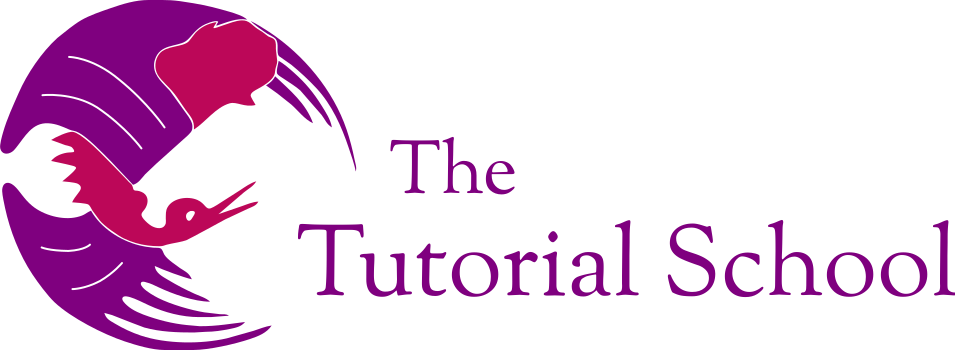In the modern world, democratic schools have evolved from a variety of global educational movements. The oldest continuously running democratic school is Summerhill, founded in 1921 in Suffolk, England. Here in the United States, Sudbury Valley School, in Framingham, Massachusetts, is the most famous example of the Free School Movement of the 1960s. The third wave of Democratic Schools began in the 1980s and has been growing ever since. There are now at least 270 Democratic Schools in 35 countries with exponential growth occurring on a yearly basis. (See directories of democratic schools at AERO and IDEN.)
International Democratic Education Conference (IDEC)
 IDEC is a global conference that promotes democratic education through the exchange of ideas. Since 1993, educators, students, parents and organizers have gathered at the International Democratic Education Conference, hosted each year by a different country. The hosting country presents the unique concepts of their democratic schools that reflect their specific culture.
IDEC is a global conference that promotes democratic education through the exchange of ideas. Since 1993, educators, students, parents and organizers have gathered at the International Democratic Education Conference, hosted each year by a different country. The hosting country presents the unique concepts of their democratic schools that reflect their specific culture.
We participated in our first IDEC in Japan in 2000. We took eight students to the conference. Since then, we have taken students to India, Germany, Canada, Korea and Israel to attend conferences. The learning experience for our students is remarkable. It provides opportunities to network with students from all over the world, travel in foreign countries, actively participate in the proceedings, and make a lasting impression on the attendees. The Tutorial School always makes a lasting impression. (Learn more here.)


 IDEC is a global conference that promotes democratic education through the exchange of ideas. Since 1993, educators, students, parents and organizers have gathered at the International Democratic Education Conference, hosted each year by a different country. The hosting country presents the unique concepts of their democratic schools that reflect their specific culture.
IDEC is a global conference that promotes democratic education through the exchange of ideas. Since 1993, educators, students, parents and organizers have gathered at the International Democratic Education Conference, hosted each year by a different country. The hosting country presents the unique concepts of their democratic schools that reflect their specific culture.